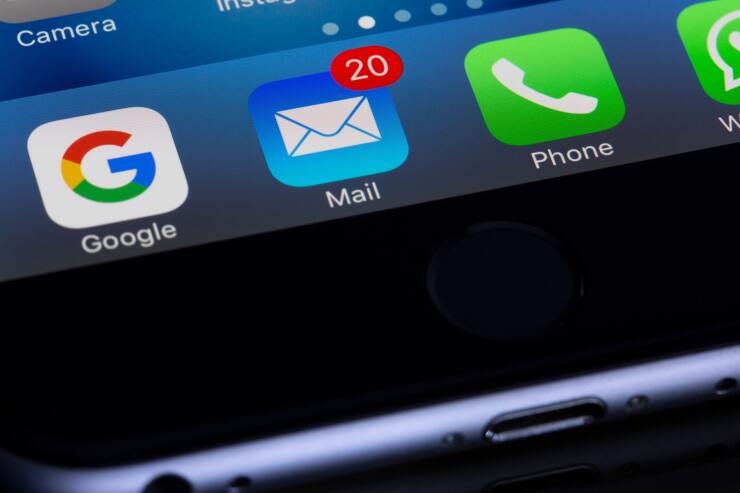It's impossible to imagine our work life without email. It connects people across the globe with a few clicks. It helps us avoid unnecessary calls and meetings. Besides, checking email is just the perfect way to procrastinate.
Back in 2012, McKinsey
Now, a fresh study from DeskTime claims it's not all that bad — in 2022, Americans, on average, spent just
Read more:
Does this mean that the dominance of email at work is over?
Unlikely. There are other,
Time spent on emails vs. time email spends in your mind
We might be spending just under half an hour in our inboxes reading incoming messages and composing replies, but the time our mind spends processing received information and recovering from distraction is much longer. Hence, the contradiction in the data.
The "inbox time" also includes all those times we quickly check our emails for new incoming messages. We can do it dozens of times during the day, yet the total time we've spent with the inbox open remains relatively short. Whereas the mental time spent on emails — overwhelming.
Read more:
Every time we check our email, we distract ourselves from the task at hand. After each distraction, we need time to regain our focus and get back to the deep work zone — some
As a result, email spends much more time in our minds than we actually spend using it. This explains we feel like email takes so much time out of our workday — some surveys report 2.5 hours of the workday, others,
It's not email – it's our constant checking
We check our emails all the time, often without even being fully aware of it.
Statista found that
Read more:
But why do we feel the urge to check our inboxes every few minutes? It might be the same reason why we're so drawn to open our social media apps countless times during the day: we're
Social media
At work, we engage in the same dopamine-chasing activity when checking our inboxes. Every new email signals to our brain that we're valued and our input — whether opinion, expertise, or attention — matters. And we want to feel that way more often. Hence, the constant checking.
Toward more conscious work
What can we do about our complicated relationship with email? Ditching it is probably not an option. Then what is?
One tactic used by many highly effective people, from
Read more:
By limiting the times you check your inbox, you will not only reduce the time your mind spends on emails but also make its use more conscious and, therefore, more productive. Additional bonus? You might end up with less workload in general — by the time you'll get to your inbox, some issues will already be solved, and some questions will be answered without your help.






